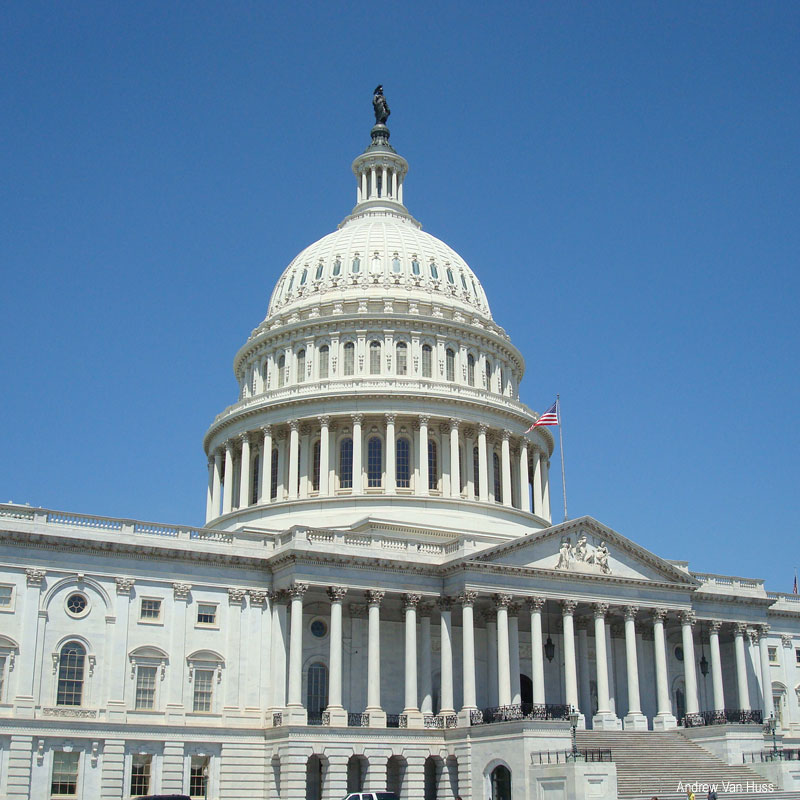Have a story idea
Have a story idea? Send it to us here.

Source : Wikimedia
April 15, 2023
Author : Alex Bustillos
When the roads and infrastructure of a country improve, it has a far-reaching impact on the nearby communities and the local economy.
The Biden-Harris administration's $1.2 trillion Infrastructure Investment and Jobs Act (IIJA) funding is a generational investment that will secure the present and future of American society and economy.
Over $550 billion is being invested in constructing, repairing, and improving the nation's roads, bridges, airports, railroads, and other transportation systems.
In 2022, the federal government gave about $200 billion in contracts through more than 20,000 projects throughout all 50 states, primarily through state or local communities.
Importantly, the IIJA emphasizes the utilization of Disadvantaged Business Enterprises, requiring DBEs to receive 10% of all financing for surface transportation projects, public transportation initiatives, highway safety research, and development.
DBEs are for-profit firms that are at least 51% owned and controlled by people who are socially and economically disadvantaged.
Many contracts granted under IIJA financing have a clause that requires the prime contractor to invest a particular amount of money in subcontracting DBE enterprises that must perform a "commercially useful function."
A DBE's compliance is assessed using various relevant criteria, including the amount of work subcontracted, industry practices, the funds offered to the firm commensurate with its work, and the DBE credit claimed for its performance, among others.
The "commercially useful function" requirement ensures that disadvantaged firms are not contracted as pass-through businesses or extra participants, and they can gain the necessary experience to improvise their abilities to bid for contracts and successfully perform their duties in the future.
DBEs must perform 30% of the work with their own staff to comply with federal regulations. However, in practice, this percentage depends mainly on the work type.
For instance, if DBEs execute work on construction contracts, the Department of Transportation counts the labor provided by their workforce; however, when they provide professional or consulting services, the DOT counts the DBE's fees as credit towards the objective.
A DBE subcontractor conducting a specific component of the job with its own workers under contract must pay 100% of the labor and supplies cost bought or leased by the subcontractor.
Still, DOT includes only 60% of the cost of materials and supplies given by conventional dealers. Prime contractors and DBEs must understand how the government counts credits to stay compliant with the relevant regulations.
The proposed regulation will also reduce the maximum credit a DBE may earn from prime contractor expenditures, previously set at 60% of spending from non-manufacturer suppliers, to 50%. This modification addresses a long-standing worry that prime contractors could be able to achieve the DBE contract goal primarily through supply contracts with DBEs, so limiting chances for DBEs to conduct other types of work.
The False Claims Act is a popular tool used by federal prosecutors to punish contractors who make "false claims" to the government. The FCA empowers the government to apply both civil and criminal penalties. It even empowers private citizens to sue contractors on the government's behalf, with successful claimants receiving a share of the monetary penalty levied.
Category : Disadvantaged Business Enterprises Federal Government Investment in Infrastructure
